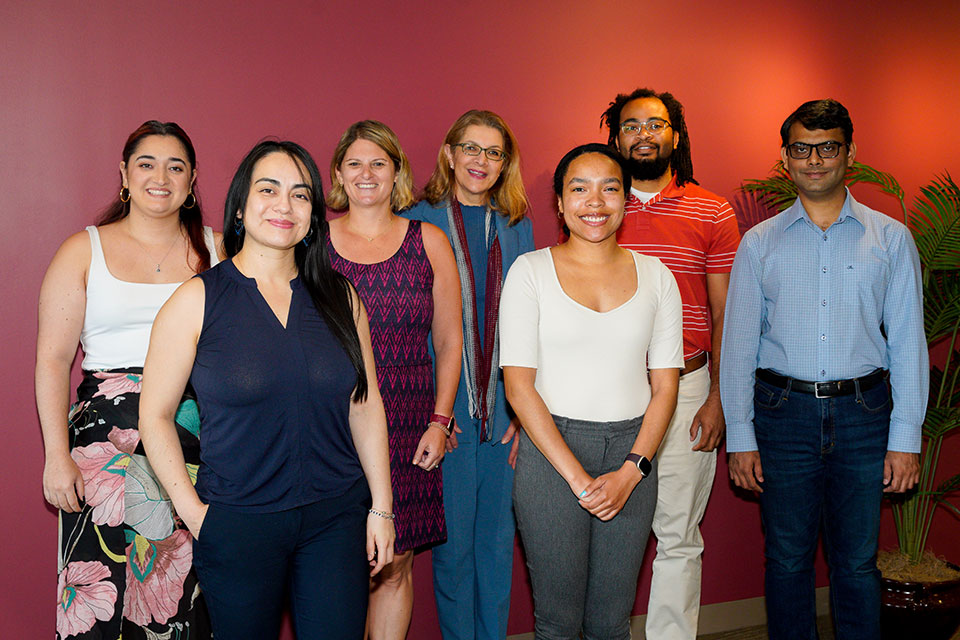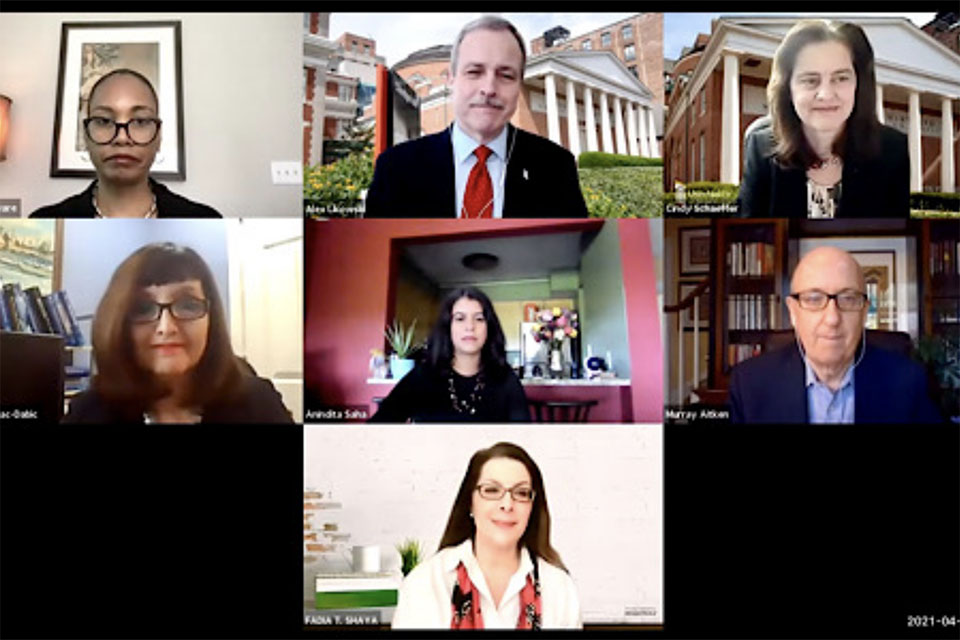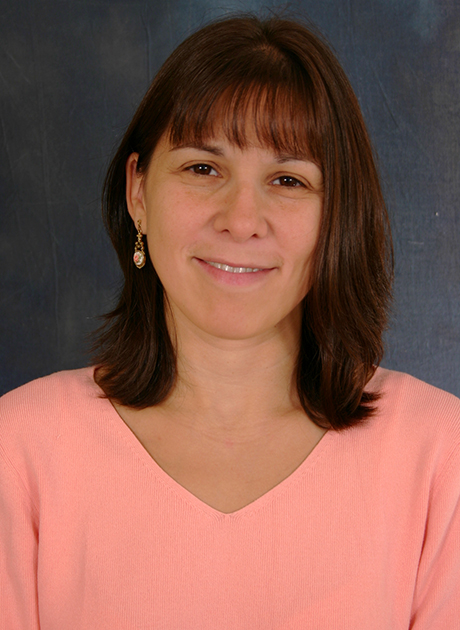SOP’s Shaya Awarded $1.5 Million Behavioral Health Administration Contract
Contract will support new educational programs and trainings designed to curtail prescription drug abuse among young adults across the state of Maryland.
By Malissa Carroll
October 26, 2016
Fadia T. Shaya, MPH, PhD, professor in the Department of Pharmaceutical Health Services Research (PHSR) and director of the Behavioral Health Research Team at the University of Maryland School of Pharmacy, has been awarded a $1.5 million contract from the Behavioral Health Administration, a division of the Maryland Department of Health and Mental Hygiene, to support the development of programs and trainings to help curtail prescription drug abuse among individuals living in the state of Maryland. The programs and trainings will also aim to reduce the number of opioid-related overdoses and deaths in the state and strengthen both the state and local communities’ capacity to address the overprescribing of controlled substances.
“Communities across United States, including here in the state of Maryland, have struggled for years to develop and implement appropriate, evidence-based programs to help prevent and address the ongoing epidemic of prescription drug abuse,” says C. Daniel Mullins, PhD, professor and chair of PHSR. “Dr. Shaya has spent her career fostering successful partnerships with organizations at both the local and state level to address a range of important issues related to alcohol, prescription drug, and other substance abuse and misuse. We are thrilled that she is continuing this vital work through her new contract and confident that her efforts will have a measurable impact on the prevention of this growing public health crisis across the state.”
According to the National Council on Alcoholism and Drug Dependence, Inc., prescription drugs are the third most commonly abused type of drugs. The National Institute on Drug Abuse estimates that 52 million people have abused prescription drugs at least once in their lifetimes, and reports that more than half of individuals who abuse prescription drugs report obtaining those drugs from a family member or friend. In addition, data from the Youth Risk Behavioral Surveillance System indicates that approximately 14 percent of young adults in Maryland reported using a prescription drug without a doctor’s prescription in 2014.
The Behavioral Health Research Team at the School of Pharmacy strives to help communities across Maryland address substance abuse prevention issues using the Substance Abuse and Mental Health Services Administration’s (SAMHSA) Strategic Prevention Framework – a planning process that incorporates needs assessments, capacity building, strategic planning, and program implementation and evaluation to prevent substance abuse and misuse. To help curb prescription drug abuse among young adults in Maryland, the team will apply the Strategic Prevention Framework at the state level.
“Our work will be completely grassroots,” says Shaya. “We will establish partnerships with local health departments and other community stakeholders to identify the areas of greatest need and bring prescription drug abuse prevention programs and activities to schools, communities, health care systems, and health care professionals. We will also continue our involvement with these programs long after they have been implemented, evaluating their success and impact on the number of reported opioid overdoses and deaths across the state. It’s truly a full-circle approach.”
In addition, Shaya notes that pharmacists will have a unique role to play in the implementation of the plan. “Pharmacists are the medication experts of the health care team, and we look forward to partnering with them to help improve medication literacy and stem the overprescribing of controlled substances across local communities,” she says.
The team is currently conducting a comprehensive needs assessment to learn more about the extent to which individuals living in the state of Maryland abuse prescription drugs at both the local and state levels. The findings from the needs assessment will be used to develop and implement a state-level strategic plan that incorporates prevention activities for both the public and health care professionals that are supported by evidence-based approaches.
“The Behavioral Health Research Team has a long-standing relationship with Maryland’s Behavioral Health Administration,” says Shaya. “We have served as the evaluators and technical assistance providers for two other state-wide substance abuse prevention initiatives, and are excited and appreciative of this new opportunity to collaborate and apply our skills and expertise to address the prescription drug abuse epidemic at both the local and state levels.”



